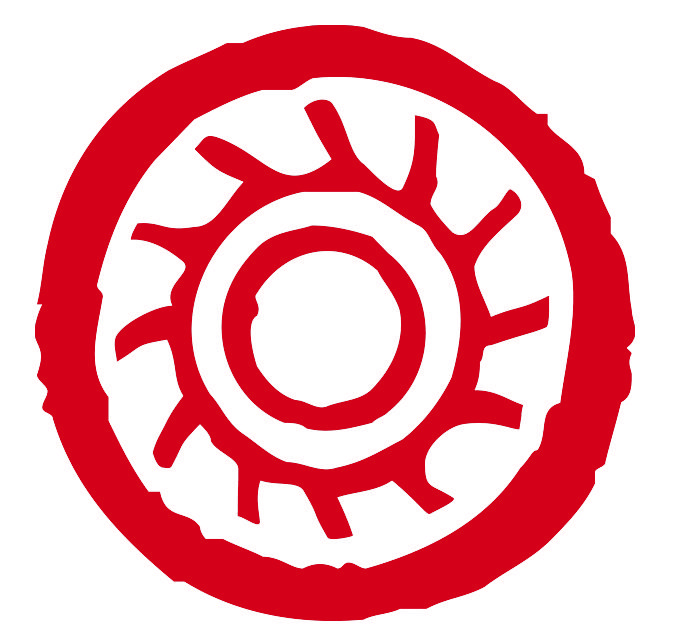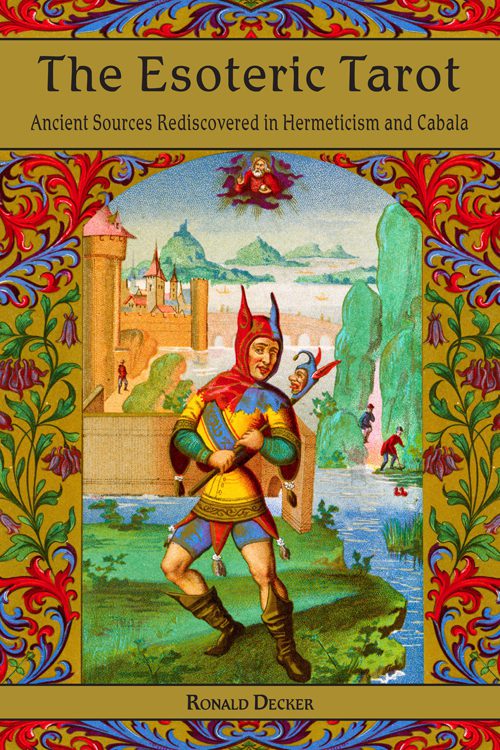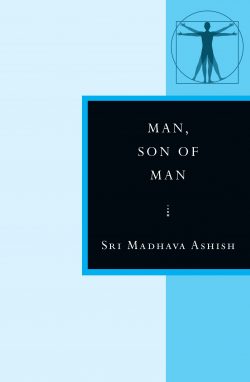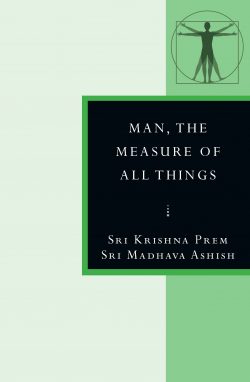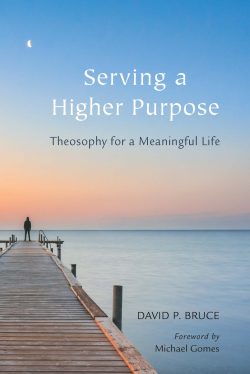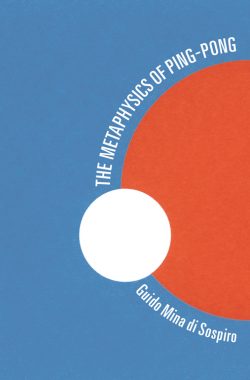The Esoteric Tarot
Ancient Sources Rediscovered in Hermeticism and Cabalah
Details
| Size |
6 x 9 |
| Format |
Trade Paperback |
| Pub. Date |
07/09/2013 |
| ISBN |
978-0-8356-0908-1 |
| Publisher |
Quest Books
|
Authors
Ronald Decker holds a B.A. in fine art from State University College at Buffalo and a M.A. in painting from the University of Cincinnati graduate school. He has taught art and art history at all levels of education. Until his retirement, he was curator of antique cards at The U.S. Playing Card Company. He has studied Tarot cards in public and private collections in all of Europe's capitols as well as Turkey, Egypt, and India. Tarot and the Esoteric Traditions is his fourth book about the cards.
That the Tarot originated in ancient Egypt as a divinatory tool is a romantic misconception. Ron Decker’s meticulous scholarship will surprise practitioners and academics alike, revealing the Tarot’s true evolution and meanings as its inventor(s) understood it.
The Tarot consists of the Minor Arcana, four suits of cards similar to our modern deck, and the Major Arcana, twenty-two allegorical or “trump” cards. Decker says the four-suit deck was invented in Asia Minor before AD 1000; Italian courtiers added the trumps in the 1400s. But Tarot was first used as a game. Tarot divination was only created in the 1700s by a Parisian fortuneteller who based the trump images on Hermeticism, which merges Greco-Egyptian alchemy, astrology, numerology, magic, and mysticism. Today, the suit-cards are often traced to the ancient Jewish Cabala. But, says Decker, they, too, acquired their meanings only in the 1700s, and he cites a lost numerical system based on Cabala at that time
Decker’s interpretation integrates three whole systems-astrological, arithmological, mystagogical (concerning initiation rites into the Mysteries). His depth of knowledge makes the book a must-have for serious students of Tarot and esotericism
Show more Show less
"A rigorously researched book that serves as the basis for Decker's arguments for a Tarot richly rooted in an ancient cosmic worldview--one that continues to speak to us today" --Paul Quinn, author of Tarot for Life
"The Esoteric Tarot marks a major contribution to understanding the Tarot's origins and possible meanings. For too long the historical approach and the esoteric approach to the cards were sharply at odds with each other. In recent years a number of people have tried to bridge the differences, but none with the impeccable scholarly background of Ron Decker. And his book is not just valuable as history; it's also fascinating and exciting to read." --Rachel Pollack, author of Tarot Wisdom
"I have been following Ronald Decker's work for many years, and he has been developing the themes expressed in The Esoteric Tarot in articles and in books that he has written since the early 1990s. His views may be surprising to some, but everything Decker writes is carefully researched and contemplated. There is no other author I trust more than Decker for insights into the Tarot's history and symbolism." --Robert M. Place, creator of The Alchemical Tarot and author of The Tarot: History, Symbolism, and Divination
"Noted art and playing card historian Ronald Decker deeply probes the Hermetic, Neoplatonic and Kabbalistic esoteric systems studied by Renaissance intellectuals and finds sufficient significant congruency between their symbols and tarot cards to build his intriguing theory that the tarot trumps may well have originated as a device with multilevel meanings developed for psychological and philosophical introspection, possibly divination.Most important to Decker's theory is his close examination of the life and theories of eighteenth century Parisian card reader Jean-Baptiste Alliette, who, perceiving the Hermetic resonances of the cards, first popularized the use of tarot cards for divination purposes under the pseudonym "Etteilla". His card interpretations became the basis for those of the Order of the Golden Dawn, and indeed form the basis of most tarot card interpretations used today.Obviously this is an impressive book not to be missed; as readable as it is learned, it should have a definite appeal to tarot historian and tarot reader alike." --Paul Huson, author of Mystical Origins of the Tarot
"Scholars of the Tarot and historians of the esoteric and mystic arts will find much to appreciate in Ronald Decker's investigation into the history, symbology, and meaning of Tarot - long mired in mystery, legend, and conjecture. Of great interest is Decker's research into cabala, the dominant form of Jewish mysticism. Based on ancient teachings formulated in the Middle Ages, the teachings of cabala were kept secret from all but the initiated. Nevertheless, Decker traces the ways in which cabalistic symbolism played a significant role in the development of the Tarot." --Kristine Morris, ForeWord Reviews, Summer 2013
